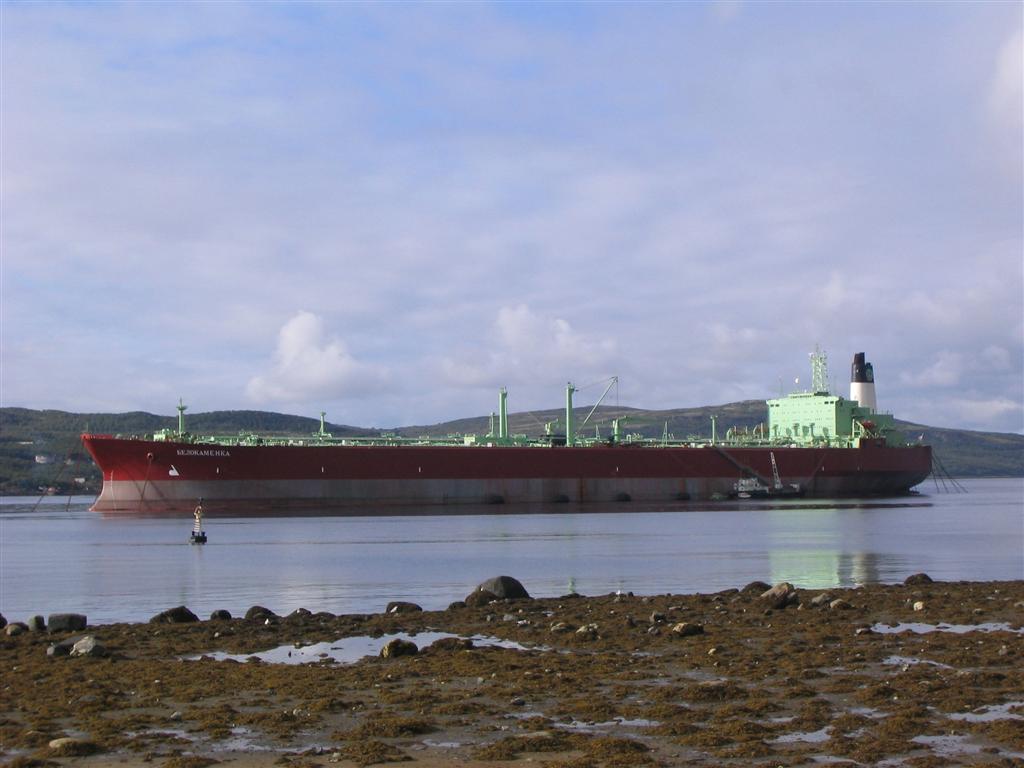
 |
| Back to Main Page ----- Back to Chapter 5 |
|
5.41 OVERFLOWS AND SPILLS Even of no oil enters the sea, a cargo tank or contaminated ballast
tank overflow should be considered a reportable incident under the owner's
loss control programme. Only be evaluation of all incidents will the
necessary lessons be learned by management and crew and the necessary
changes in procedures made to reduce the potential for future incidents.
An overflow which does not escape over the side of the ship may not
be a spill reportable to the authorities, but in many cases it is only
through good fortune that it does not result in pollution. If the lessons
of overflow incidents are not used to change procedures, then costly
spills will inevitably occur in the future. Case study A tanker of 135,000 DWT was leaving Mizushima, Japan after discharging a cargo of Indonesian light crude, when oil was observed coming up from the vessel's port quarter. A quick check carried out by the ship's crew found no obvious cause for the discharge and the vessel proceeded on her departure for Singapore. Meanwhile, analysis was conducted by the Japanese Marine Safety Agency (MSA) and indicated that the oil had come from the vessel. The tanker was intercepted before clearing Japanese waters and was charged with contravening pollution laws. Neither the subsequent MSA investigation, nor one undertaken on behalf of the owner at Singapore, could provide a satisfactory explanation of how the discharge might have occurred. Nevertheless, based on the MSA findings, large monetary claims were presented against the tanker's owners for cleaning up the estimated two to three tonnes of Rabi crude which contaminated the seaweed cultivation areas of nine local fishery cooperatives. Case analysis 5.41.1 Notice of berth contamination |
| page top |